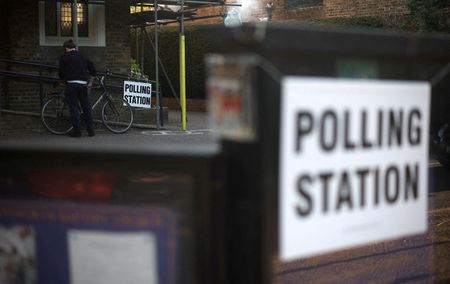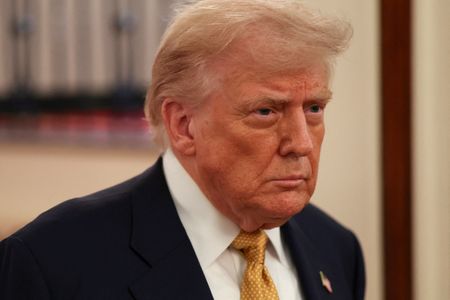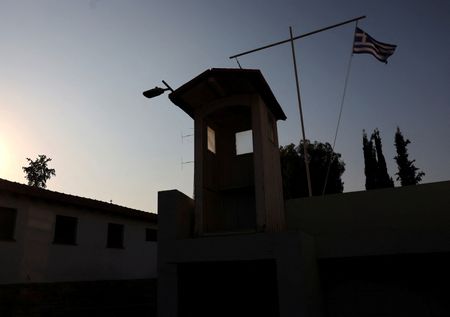BUDAPEST (Reuters) – Peter Magyar, the opposition challenger to Hungarian Prime Minister Viktor Orban, said on Saturday he would focus on tackling a cost-of-living crisis and reviving the country’s flagging economy if he wins an election due in early 2026.
Magyar’s centre-right Tisza Party swept into Hungarian politics last year, mounting the most serious challenge to Orban since he returned to power in 2010. Most opinion polls now put Tisza ahead of Fidesz.
“One of the most important tasks of a Tisza government will be to address the staggering cost-of-living crisis caused by the Orban government and the increasingly severe demographic catastrophe,” Magyar said in a state-of-nation speech at Tisza’s first congress as the political season heats up in Hungary.
“Every, I repeat, every decision will be taken with these challenges in mind,” Magyar said as he listed detailed steps on how he would reshape economic, healthcare and education policy.
The next election is due in early 2026 and nationalist Orban’s Fidesz party faces unprecedented challenges in the economy this year with a rebound in inflation, sagging household morale and even a plunge in the birth rate he so wants to boost.
Magyar said he would boost the economy by, for example, unblocking European Union funds that are currently frozen. He vowed to eliminate corruption and to make economic policy predictable, which would lower debt financing costs.
Magyar also listed a number of steps that he would take to help people living in rural settlements, a demographic that has traditionally supported Fidesz.
According to polls published in January, Tisza now has a small lead over Fidesz. The latest poll, conducted by the Publicus Institute think-tank between January 20-29, showed that Tisza had 42% support among decided voters while Fidesz had 37%.
Orban is expected to hold his annual state-of-the-nation speech next Saturday, an event the veteran leader has traditionally used to set the political agenda for the year.
(Reporting by Anita Komuves and Krisztina Fenyo; Editing by Gareth Jones)











